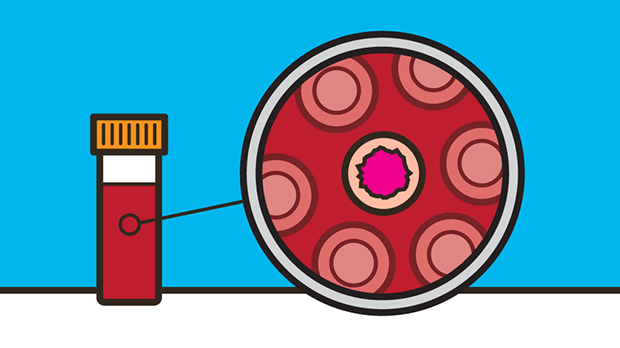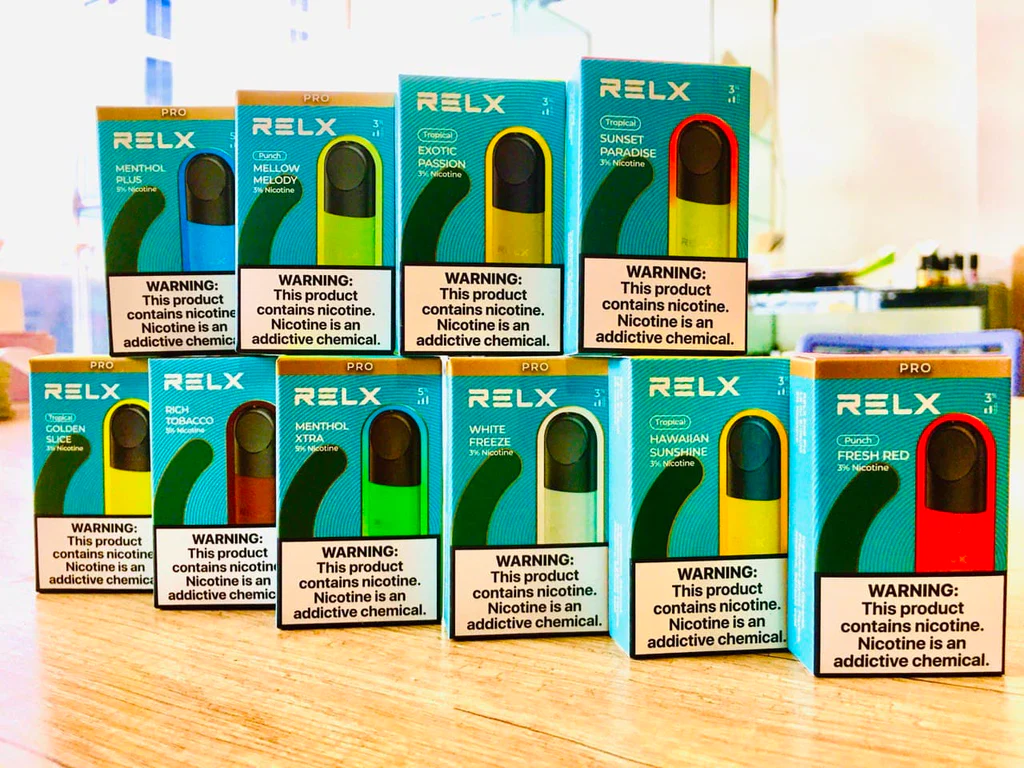Nicotine is a highly addictive substance found in tobacco products, including cigarettes, cigars, and chewing tobacco. While smoking and tobacco use are known to have detrimental effects on health, including increasing the risk of cancer, cardiovascular disease, and respiratory disease, many people may not realize that nicotine can also have an impact on blood work. In this article, we will explore the ways in which nicotine can affect blood work, what types of blood tests may be affected, and how to prepare for blood tests as a smoker or tobacco user.
Understanding Nicotine and its Effects on the Body
Before diving into the impact of nicotine on blood work, it is important to understand what nicotine is and how it affects the body. Nicotine is a stimulant that activates the release of dopamine in the brain, leading to feelings of pleasure and reward. It also increases heart rate, constricts blood vessels, and raises blood pressure. Additionally, nicotine can affect the levels of certain hormones, including cortisol and insulin, and can decrease appetite and increase metabolism.

Types of Blood Tests Affected by Nicotine
Nicotine can impact various types of blood tests, including those that measure cholesterol levels, liver function, and kidney function. For example, smoking or using tobacco products can lead to an increase in LDL cholesterol, the “bad” cholesterol that can contribute to the buildup of plaque in arteries. This increase in LDL cholesterol can lead to an increased risk of heart disease and stroke. Smoking or tobacco use can also affect liver function tests, including levels of liver enzymes, such as alanine transaminase (ALT) and aspartate transaminase (AST). Elevated levels of these enzymes can indicate liver damage or disease.
Nicotine can also affect kidney function tests, such as creatinine levels. Creatinine is a waste product produced by muscle metabolism that is filtered out of the blood by the kidneys. High levels of creatinine in the blood can indicate kidney dysfunction or damage. Smoking or tobacco use can lead to an increase in creatinine levels, potentially affecting the results of kidney function tests.
Preparation for Blood Tests as a Smoker or Tobacco User
If you are a smoker or tobacco user and need to have blood work done, there are steps you can take to prepare for the test and ensure the most accurate results. First, it is important to inform your healthcare provider of your tobacco use, as this can affect the interpretation of test results. You may be advised to avoid smoking or using tobacco products for a certain amount of time before the test to minimize the impact on results. It is also important to stay hydrated before the test, as dehydration can affect blood test results.
Conclusion
In conclusion, nicotine can have a significant impact on blood work, affecting various types of tests including cholesterol, liver function, and kidney function. If you are a smoker or tobacco user and need to have blood work done, it is important to inform your healthcare provider of your tobacco use and take steps to prepare for the test. By doing so, you can ensure the most accurate results and receive the best possible care.

















Leave a Reply